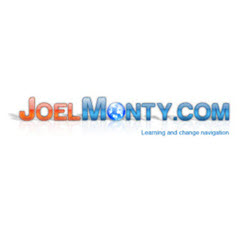Take Charge of Your Moods Workshop
I first heard about neurolinguistic programming (NLP) in the 1970s, when I was becoming certified as an advanced T-group facilitator and as an organizational change consultant. The organization I was working with was focused on Applied Behavioral Science and NLP fit into that mold. I had been a practicing hypnotist since my childhood and had provided demonstrations of hypnosis while in my freshman and sophomore years in college at the University of Florida.
NLP was evolving in those days and more techniques and technologies were being developed. More recently I started writing and publishing books and found that no one was buying them. Rather than writing another book that no one wanted to read, I decided to pursue certification for myself in NLP and, along the way, improve my writing style so that my books would attract more readers.
One of the techniques NLP taught me was how to manage my moods. This was important to me because I am with my 98-year-old mother every evening and I sometimes find myself in a bad mood because Mom doesn’t act like Mom (her more youthful self) anymore. I did learn the techniques to manage my moods. Mom even asked me to help her get out of a bad mood. Unfortunately, the techniques available to help Mom at 98, with memory impairment and slowed brain functions are not as instantaneous as what is available through NLP for younger people. I do help Mom get back into good moods and also learned at a personal level that I need to teach younger people about NLP so that we can have more choices in managing our moods and in helping others manage theirs.
This is why one of the first things I teach in my NLP classes is how to manage moods. It’s a great tool for teachers, parents, caregivers, police, fire, rescue personnel, sales people, government employees, drivers…in short, for everyone.
The workshop is also a good introduction to NLP. I offer additional trainings in NLP to include Touch of NLP 1, Touch of NLP 2, Use Simple Skills to Produce Amazing Change, NLP Practitioner Training, NLP Master Practitioner Training, and NLP Trainer Training.
While NLP is a support tool for my Integrative Learning and Change practice, it is very useful tool for many holistic practitioners to have in addition to the skills they are licensed to use.
